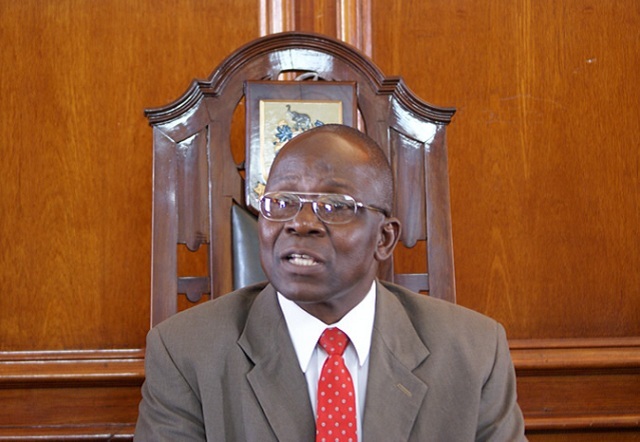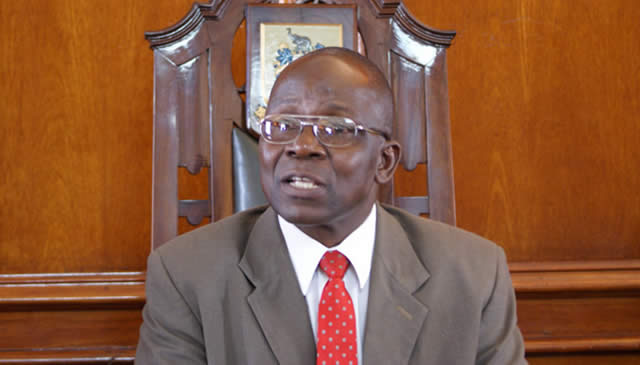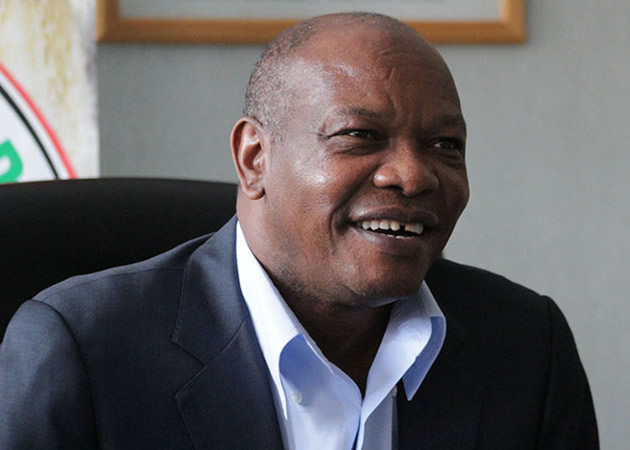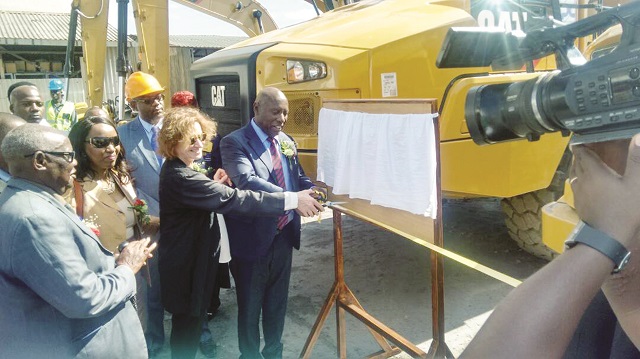EDITORIAL COMMENT: City Fathers must use Parly report to improve service delivery

A parliamentary committee has just laid bare the parlous nature of Bulawayo City Council’s books of accounts.
The Public Accounts Committee presented a report in Parliament on Tuesday that shows that the local authority does not have an asset register, does not produce periodic financial statements, does not keep all its records, does not reconcile its figures as regularly and accurately as it should and does not adequately punish officials for committing fraud and theft.
You don’t need to be an accounting expert to conclude that the state of affairs at council reeks of corruption and systematic theft of public funds.
Council hasn’t responded yet but it’s justifiable to state that the situation isn’t that disorderly innocently, but is, to some extent, like that by design. We suspect that influential elements at council don’t want an updated asset inventory because it can be used to track revenues – who is paying how much, for using which council property and where that money is going. With no property record it is difficult for anyone to have a basis to pin down anyone for any crime related to abuse of the properties.
Yet an asset register is one document that any organisation of Bulawayo City Council’s stature must have. Council obviously owns a lot of properties in the city — land, houses, residential flats, office space, recreational clubs and other infrastructure of commercial value. As the parliamentary committee established, no one seems to know the number of assets council owns, their value, their locations and level of utilisation.
There is therefore a strong possibility that some at City Hall are collecting rentals for some council properties and pocketing them with no one detecting the maleficence. There is also a possibility that some of council’s properties have been totally grabbed. Such crimes are typically committed by senior officials who not only know the properties council owns but also the weaknesses in the system. A new hand is unlikely to dream up these and get away with it.
Also, we suspect that the powers-that-be at City Hall find no reason to produce regular financials as they know that their absence creates an opaque climate that they need to be able loot undetected. Not reconciling figures creates the same conditions which the officials take advantage of to help themselves to public funds. No one knows how much money the next office is holding so officials in this or that office can easily steal whatever they have.
Any organisation worth its salt must have mechanisms that inculcate discipline among its workers and management. Anyone who misappropriates money or acts inappropriately should be exposed. After being exposed they should be punished accordingly. However, if officials work in an environment where they can steal money knowing that in the unlikely event that they are caught as is the case with Bulawayo City Council, they will simply be fired with no subsequent criminal proceedings, a free-for-all situation will obtain. This actually encourages them to steal as much as they can so that when they are caught, they know they have stolen more than enough already and will happily leave to enjoy their ill-gotten wealth later.
Because of these findings by the parliamentary committee, it is impossible at this stage for anyone to accurately determine how much Bulawayo’s hard-pressed residents and ratepayers are losing to corruption within council or to a poorly-run system. This concerns us a lot because times are tough for everyone. People are working very hard to pay that little they do for council water and other services. Ratepayers would be unhappy when their hard-earned money that should help improve service delivery is stolen.
While the committee’s report is a matter of concern on one hand it, on the other, must be used as a useful starting point to correct the identified loopholes.
Mayor Councillor Martin Moyo, Town Clerk Mr Christopher Dube and their team are encouraged to take the parliamentary report seriously as a tool to improve service delivery at council, not, as often happens when allegations of corruption and possible underhand dealings are raised, to adopt a defensive stance. They must urgently account for all council properties wherever they are, establish their utilisation level and come up with an inventory that can be a basis for the local authority to achieve the best return on the assets.
Clr Moyo and Mr Dube have to make sure that council produces regular financial statements and begin to keep updated records. Also, they should come up with a system that detects corruption and punish those who commit it. If internal remedies are not tough enough, those who are found stealing or are found to be corrupt can be reported to the police for criminal investigations to be conducted and criminal charges to be preferred where appropriate.
In saying this, however, we are mindful of the fact that councils across the country tend to have a culture of corruption. In addition to that the other reason why some of our councils lose money may not be corruption but simply a lackadaisical approach to work. In our view, Harare City Council ranks as the country’s worst-run and most corrupt local authority, followed by Chitungwiza. Therefore, parliament can do us much good if it goes through the books of all the country’s local authorities and publish relevant reports for corrective measures to be instituted by those concerned. Other arms of Government such as the Auditor-General’s Office, the Ministry of Local Government, Public Works and National Housing and police have, from time to time, been relied upon in cleaning up councils. The joint effort must continue.









Comments